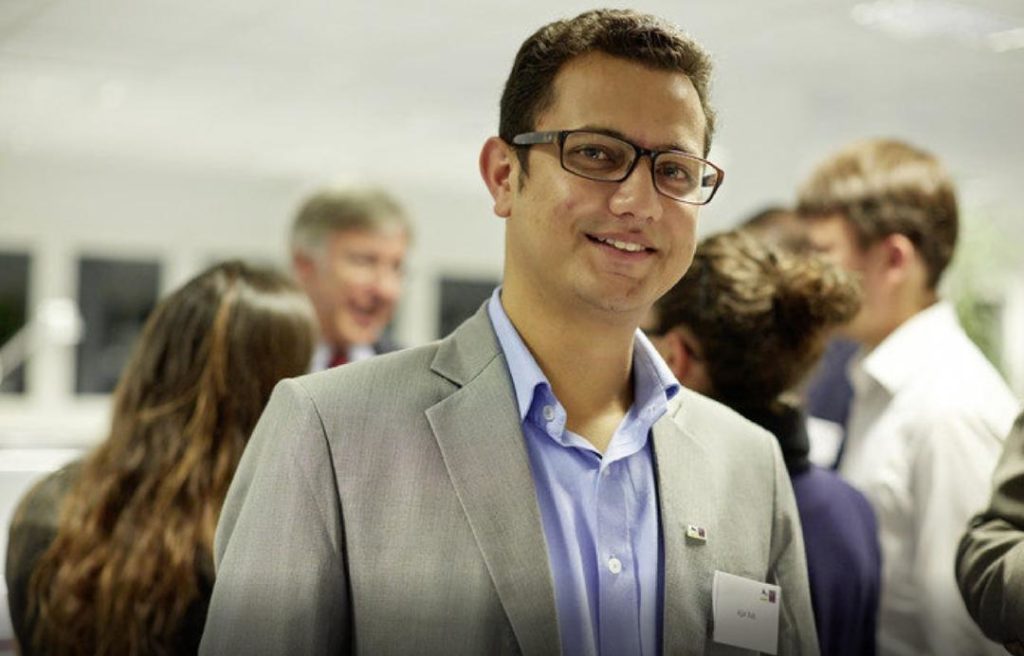Mr. Ajar Rab is a renowned professor at the premium institute for law in India-National Law School of India University. The accomplished pedagogue has a dual degree in LLM and MBA from Bucerius Law School, Germany; a rare and commendable feat indeed.
Q. How is life at NLSIU Bangalore, particularly in regard to shaping the career of a law student?
A. Talking about the academic facet, life at NLSIU is very different from a traditional law school. It is an institute where pragmatism in Law is prioritised over classroom teaching. One learns to debate, criticize, argue and entertain opposing views. A long held tradition is to call everyone by their first name without any reference to ‘sir’ or ‘bhaiya’ or any other title, creating an atmosphere where everyone is treated at par. One’s perspective and content are considered more than the fact of one being a senior or junior.
To foster the understanding of what it means to have ‘the right to freedom of speech and expression’, a notice board called “19(1)(a)” hangs outside the Moot Court Hall. Anyone, with anything to say, on any topic is free to post anything on the board and such posts are open to comments from other students. This might seem trivial, but its far-reaching impact and lessons to be learnt pertaining to one’s legal career, is unfathomable.
There are various other instances, but you know you have been at NLSIU, when you begin your arguments by the phrase “I have three points to make”, which is usually what you imbibe and absorb.
Q. How would you describe yourself as a litigator?
A. This is a difficult question. To my mind, I am oriented at achieving the interest of my client rather being successful in court. I believe in having a strong legal strategy and using the law to implement that strategy. It is not that I don’t care about success in court, but more that I don’t chase my success in court or my professional fee at the cost of the client’s interest.
Q.Tell us something about your law firm. What was the idea behind setting it up?
A. The firm, Rab & Rab Associates, is located in the city of Dehradun and is over twelve years old now. The idea was to assimilate my parents’ legacy and build on it. Uttarakhand was a new state with ample scope for investment. Along with that, the expansion was huge. Our aim back then, and till today, is only to provide quality professional service without fail. We wanted clients within the State and outside to be able to get the same kind of legal advice as they expect from the big law firms in Delhi, Mumbai or Bangalore.
Q.You have been a member of the Drafting Committee of the Law Commission in relation to Legal Reforms in Criminal Procedure Code. How was the experience like?
A. Working with the Law Commission was a truly enriching experience, especially because it came during my time at law school. I was indeed privileged to have been a small part of a very huge and well-intended endeavour. To be honest, I have enjoyed all my experiences with public policy. It has a different kind of personal satisfaction to be able to create policy or ‘law’. We criticise the law and the government very often, but don’t provide solutions. These stints provide that opportunity, which I believe is quite instrumental for a law student to avail, so as to develop the ability of logical debating over government policies. Even now I am working with various RERA authorities to draft regulations and amendments to their rules. It is a challenging, but fun exercise.
Q.After having pursued your LLM from Germany, why did you prefer teaching students here at NLSIU over any other foreign university?
A. I think the love for the alma mater is shared by all alumni but apart from just that sentiment, if we want to improve our legal education, then we should begin at home. I don’t say that I am going to improve legal education alone, that would be too bold a statement for my small boots, but I certainly want to try with the help of like-minded friends and colleagues. I take up courses that I wish someone had taught me when we are at law school. Things that I learnt only through mistakes and struggle in the real world of litigation or practice at firms.
By- Priya Chaudhary

